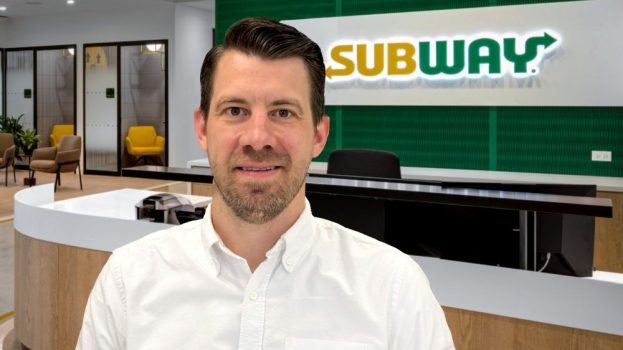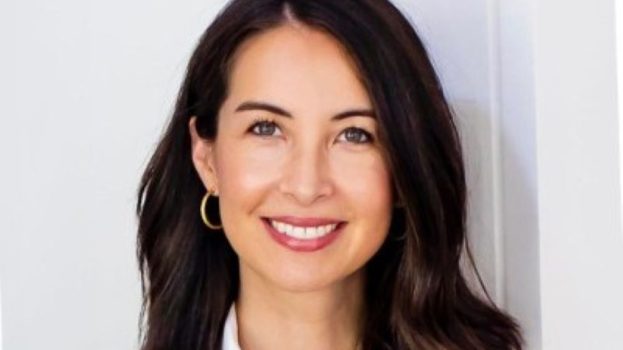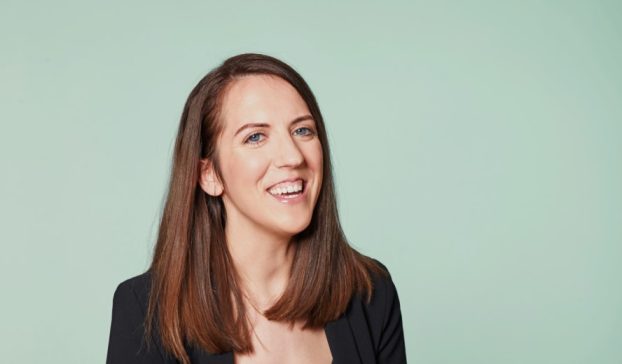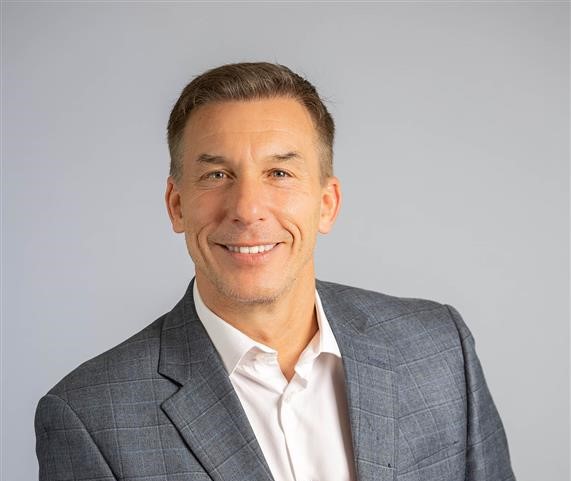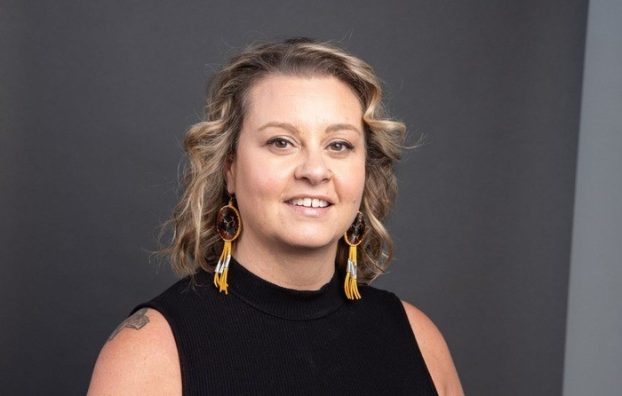This is part one of a series covering diversity and inclusion in advertising with members of strategy’s CMO Council and other business leaders.
The death of George Floyd by an American police officer in May sparked renewed calls to address systemic racism in society. Those calls have since travelled across the globe, forcing a moment of reckoning within the Canadian marketing industry.
Last week, strategy convened members of its CMO Council, as well as other business leaders, to understand how well the industry is heeding the call to be more diverse and inclusive.
We spoke to the CMO Council’s Antoinette Benoit, CMO at McDonald’s Canada, and Jon Mamela, EVP and CMO at Destination Toronto; as well as Clinton Braganza, CMO at Scotiabank, and Neetu Godara, founder and chief growth officer at Social Lite Vodka, about where the industry goes from here.
The excerpt below serves as an introduction of themes that will be explored at length in the coming weeks.
There have been calls for greater diversity and inclusion for a very long time. It’s definitely not a new issue. But things feel a little different this time. We’ve heard from BIPOC talent who feel cautiously optimistic that the industry will now begin to tackle systemic racism. What makes this moment different from prior calls for change?
McDonald’s Antoinette Benoit: It’s the first time that you feel there’s real hope that maybe this time we’ll listen to people and that they will not stop until their voices are heard. To me that’s the big difference. And there are so many ways to be heard now, between everything that is filmed, the testimony on Twitter, the media, the raw video. So much can be shared.
Social Lite Vodka’s Neetu Godara: I agree, there are so many voices being heard. But what’s different for me this time is that not only are we hearing the voices and seeing them, like we have in the past, but the volume is so loud that it’s causing people in leadership positions to really reflect. So it’s not just the people who have experienced the discrimination or experienced unjust things who are talking about it.
I will admit, even for myself, I don’t think I’ve ever spent so much time thinking about gender and racial inequality. That’s what feels different. ‘Have I really done enough? Am I part of the solution, or am I just listening? Or am I part of the problem?’ And I think that self-reflection is hopefully going to move us all forward.
Destination Toronto’s Jon Mamela: It’s that opportunity and pause, and recognizing that we [at Destination Toronto] reflect the most multicultural and diverse city on the globe – but that it’s not something on which we’ve achieved perfection. There’s an opportunity to continue to move forward.
And [there’s] commitment at all levels of an organization – you’re not just seeing it as a conversation among a few, or something that’s imposed from the top and not adopted or endorsed. Getting that coalescing of a lot of important discussions is different than before when businesses may not have stepped back and really asked the question around where and how we can do better.
Scotiabank’s Clinton Braganza: In many ways, humanity is under duress and people have had to reinvent themselves. We’ve had to reinvent how we work as a society. This is our moment to question our entire lives. When you see injustice occurring, you have a bit of a gathering of thoughts. And there’s more appetite today to learn in a different way than we have in the past.
Myself included, as a person of colour, of Indian descent, I’ve learned a tremendous amount in the last few months, because I’ve taken the time to think about things differently. And, frankly, I didn’t think I had gaps of information. The timing has been perfect in some respects for all of these conversations to happen. I’m often thinking, ‘What if these events had occurred pre-COVID? Would we have been having this conversation today?’ I don’t think we would have.
Of the many steps organizations have taken over the last few months – running ads, boycotting platforms, donating money, rebranding products – which are going to have the biggest positive impact?
Mamela: The Stop Hate For Profit initiative opposing multiple social media platforms has certainly been discussed and reflected on within the tourism industry. You’re seeing the momentum carried through, and where that has moved from a business impact perspective has been quite interesting to see, as well as the origin of the companies participating, the rationale and the direction being taken. That’s one that has [sparked] discussions within our industry.
Braganza: Frankly, the thing that gives me the most inspiration is the desire to have conversations in the first place. Through conversation, through education, comes change, or the opportunity for change to occur. You’re starting to see [that], whether it’s brands taking a stand against social media companies or brands making financial commitments.
But [at Scotiabank] the dialogue internally has changed meaningfully. The courage for people to have these conversations is a very powerful moment. I predict there’s going to be a whole host of actions that will follow – some will be coordinated, some organizations will want to do it on their own. But the fact that we’re talking openly in a way that I’ve never seen during my career gives me inspiration that we’re on our way to making real and material change.
Benoit: Where do you think it’s going to land, the Stop Hate For Profit movement? [Do you think] Facebook expects we all will go back to investing and that [it doesn’t matter anyway], because they don’t make [the majority of their advertising dollars] from big brands, but rather from tons of small brands? What do you think?
Strategy’s Mary Maddever: In the past, when brands have used their clout [over] the safety of social media, or viewability, or any of those issues, it’s just been brands [doing it] for commercial reasons. But now it’s brands sort of at the behest and with society. It’s not just the advertisers – though that is significant – it’s also their base. So this could be different.
Braganza: I predict there’s going to be meaningful dialogue, raised awareness and heightened education as a result of this, and I think that will ultimately lead to change. Whether that happens over the course of this month will remain to be seen. But as an optimist, I believe those are the phases that we’re going to go through. And ultimately, this will be a bit of a legacy moment for us as marketers in terms of, ‘Look at the positive change that we were able to do.’
This transcript has been edited for clarity and length. It appeared in Strategy C-Suite, a weekly email briefing on how Canada’s brand leaders are responding to market challenges and acting on new opportunities. Sign-up for the newsletter here to receive the latest stories directly to your inbox every Tuesday.


